Select a Title Below to Navigate Directly to an Article

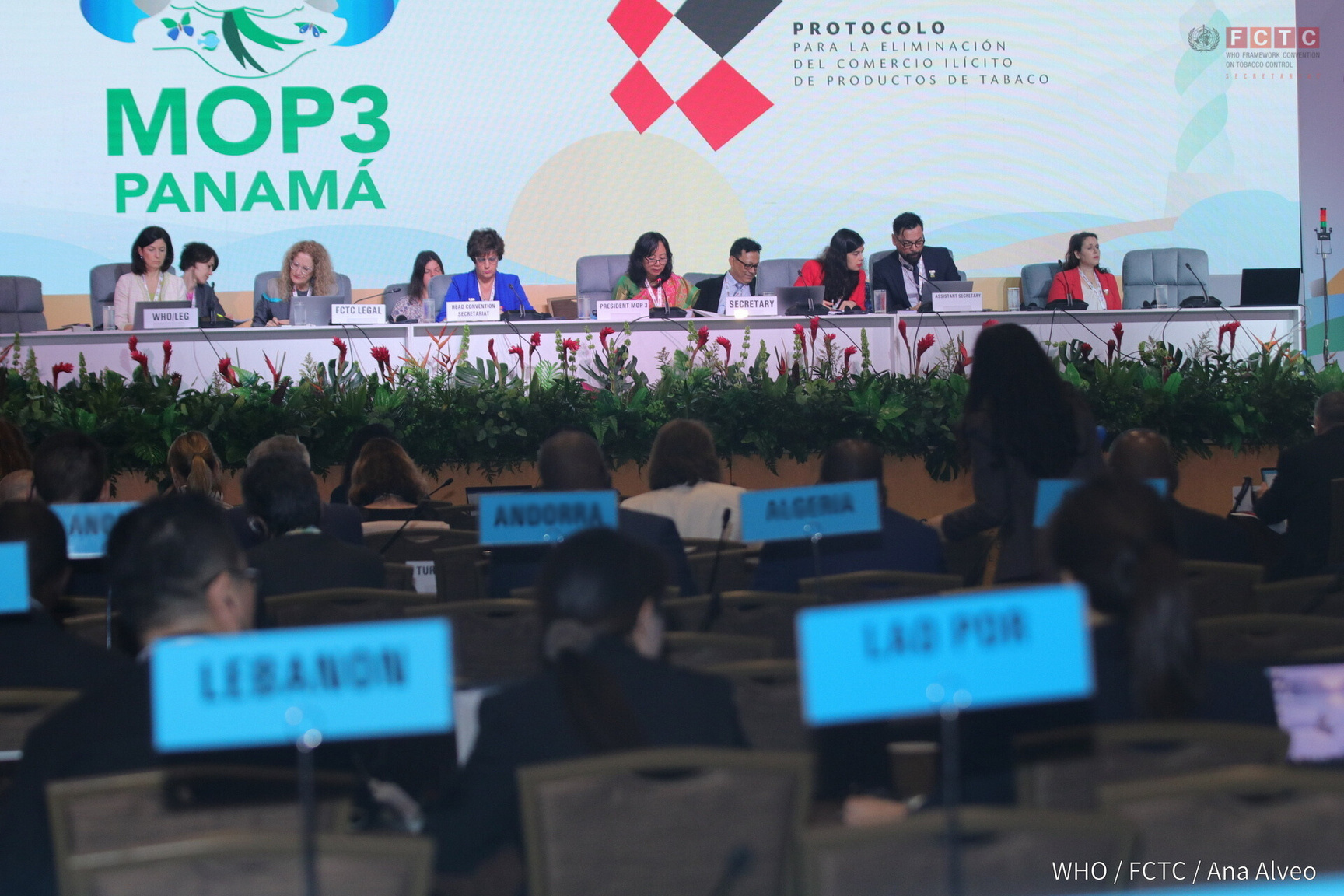
Highlights from Day 1 of MOP3: Efficient Start and Substantive Discussions
On day 1, the MOP moved swiftly and efficiently through the first agenda items in the Plenary before heading into Committee meetings at the end of the day. A huge shout out to the Convention Secretariat staff for pulling everything together so seamlessly for the MOP, especially having just finished a jam-packed week at the COP last week.
The first day of MOP3 was dedicated to getting the administrative business of the MOP checked off the list and the well-organized high-level segment, but we still managed to get into some really good substantive discussions during the side events that were organzied over lunchtime. The Global Alliance for Tobacco Control and Corporate Accountability convened delegates to a side event on challenges and findings of research in illicit trade of tobacco products, with presentations by colleagues from Smokefree Partnership and Johns Hopkins University. Delegates were also fortunate to hear from the United Kingdom on their national track and trace system referencing its compliance with article 5.3, and the UN International Computing Centre on the Interim Global Sharing Point.

gatc RESOURCES

13:30 - 14:45
The remaining agenda items with some scope for discussion stay the same. Committee A will need to discuss the report of the Working Group on tracking and tracing, the proposed road map, timelines and steps to conduct evidence-based research on articles 6.5 and 13.2, as well as the improvements to the reporting system of the Protocol. Committee B will be discussing progress since 2020, Assessed Contributions, changes to the proposed MOP Investment Fund, and the work plan and budget for the upcoming biennium.
We still have a lot of important work ahead of us this week to ensure effective implementation of the Protocol and that it moves in the right direction. A sense of spirit and collaboration is definitely present at day 1 of MOP3 – seems like we’re on the right track for a successful day 2.

Tobacco Illicit Trade Protocol and its Limited Progress: A call for Reflection
It is very common to observe, both in my country (Uruguay) and in most Latin American countries, media articles highlighting the “increasing” and “scandalous” figures of tobacco illicit trade. Many times, these figures are “repeated”, without any type of verification, by members of the Executive Branch and the Parliament of our countries. Not infrequently, it is the tobacco industry itself that promotes this information and/or commissions studies that are the basis of “the news” that appears in the media.
Of course, the illicit tobacco trade is a serious health and economic problem that must be properly addressed. But I must remind ITP delegates that the “health risk” of these illicit products is not due to the “harmful” substances they contain, or due to the “absence of rigorous health controls” (because legal ones usually lack them), but rather because they are being marketed at a lower price, increases their consumption in the most vulnerable populations, such as Low- and Middle-Income countries (LMIC) and the young.
The problem is that When these “figures” and the “complaints” of the industry spokespersons, or their front organizations are disseminated, governments, especially the Ministries of Economy or Industry, quickly echo these narratives and usually promote regulatory initiatives that prevent or weaken the implementation of important and effective tobacco control measures, such as tax increases, total advertising bans, packaging regulations, etc. Sometimes, even these modifications to tobacco control regulations are at the express request of the tobacco industry itself, as happened in Uruguay in 2022, with the issuance of a decree that sought to undermine plain packaging, under the pretext of “combating smuggling".
If it is true that politicians and governments are concerned about the problem of tobacco illicit trade, why do they not apply effective measures to fight it? Why do they listen to the tobacco industry and take decisions that affect public health and are not effective in tackling illicit trade?
It is incomprehensible that almost 6 years after the entry into force of the Tobacco Illicit Trade Protocol (ITP), which was the result of a 3-year negotiation process, and contains the most effective provisions to combat illicit trade, the countries that are Parts of the ITP and the WHO- FCTC do not apply most of them. And the countries that are observers, and are present at COP and MOP, do not ratify the ITP...but continue “complaining” about the high levels of smuggling.
It is incomprehensible that almost 6 years after the entry into force of the Tobacco Illicit Trade Protocol (ITP), which was the result of a 3-year negotiation process, and contains the most effective provisions to combat illicit trade, the countries that are Parts of the ITP and the WHO- FCTC do not apply most of them.
Nor is it understandable, given the “concern” for tobacco smuggling, that many ITP Parties are behind on paying their assessed contributions (which is a tiny fraction, compared to the money they lose each year from illicit trade).
Why are these inconsistencies occuring? Is it that the Parties have no interest in moving forward with the implementation of the ITP?
Why are we gathered here if we fail to make progress on what we know works and what we have committed to implement?
The MOP should take the time to properly reflect on these inconsistencies and discuss strategies to accelerate the effective implementation of the ITP at both the national and regional level.
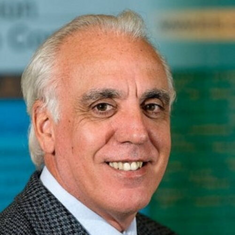
Author:
Dr. Eduardo Bianco, Centro de Investigación para la Epidemia del Tabaquismo, Uruguay
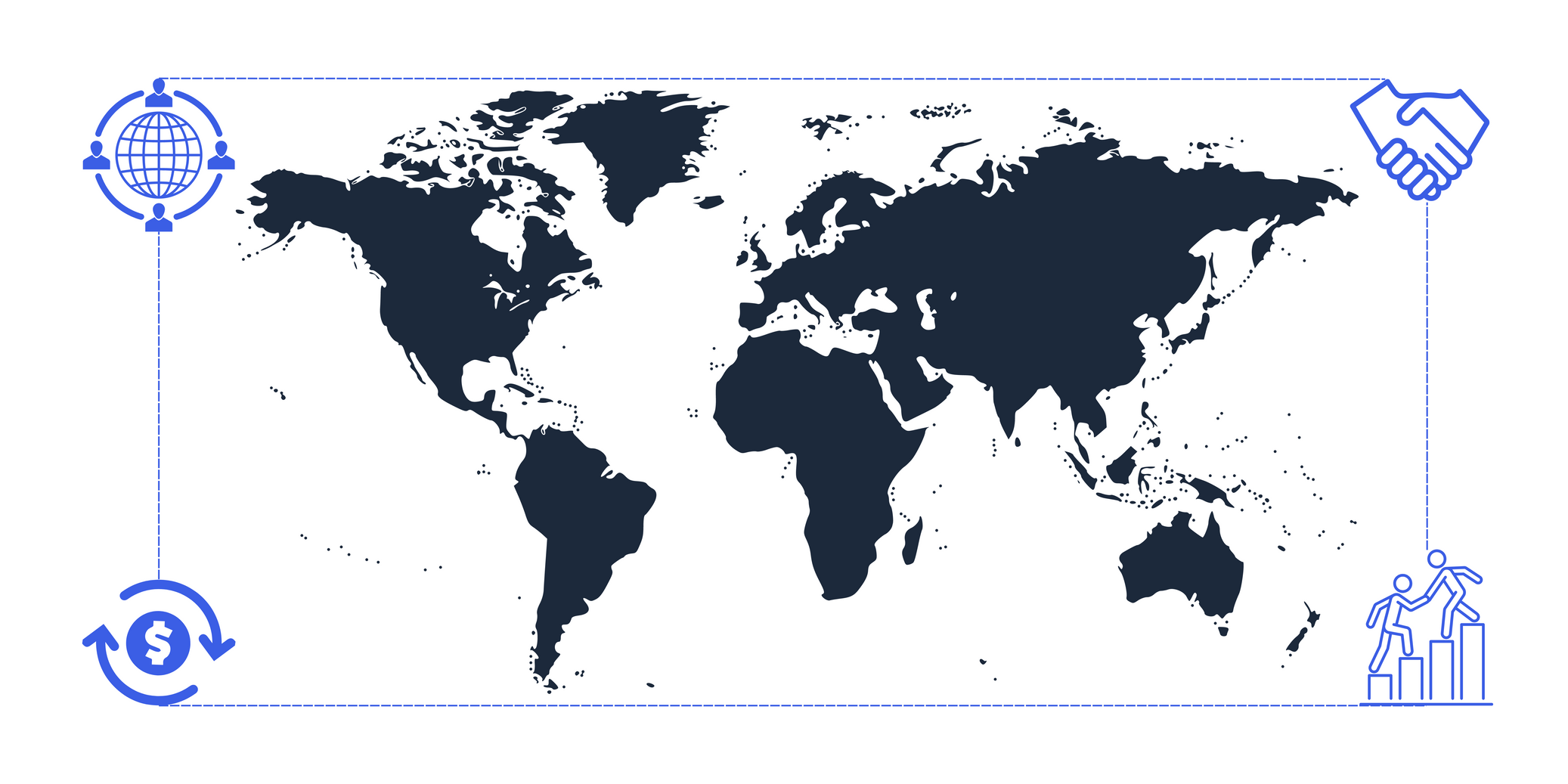
A Top Priority: More Technical and Financial Assistance for LMIC Countries
The Protocol is doing well. It entered into force 5 years ago, and by the end of 2023, there were 68 Parties to the Protocol. Ratification is, of course, not enough, implementation is needed, which is always easier for high than for low-income countries. According to the classification used by the World Bank, 29 Parties to the Protocol are high-income, 15 are upper-middle income, 14 are lower-middle income and 10 are low-income. Implementation of key measures of the Protocol, such as licensing, tracking and tracing, due diligence of free zones, remains a big concern. In the report of the Convention Secretariat on financial resources and mechanisms of assistance, Parties reported that they need technical assistance and resources to set up a tracking and tracing system, “with most Parties recognizing that once tracking and tracing systems are in place, these could help to defray some of the costs of implementing and sustaining the Protocol implementation.” Low and lower-middle-income countries, in particular, have identified that they struggle with the implementation of the Protocol.
Unless there is a substantial amount of technical and financial assistance in the budget from secured funding sources, the Protocol might not be successful or become an instrument in the hands of Big Tobacco.
In the subsequent budgets for the Protocol over the period 2018-2025, the financial support for technical assistance has been very low. Of course, the tobacco companies are ready “to help” and to provide donations, propose their “expertise” or even offer their software to generate the unique identifiers for the tracking and tracing systems. Unless there is a substantial amount of technical and financial assistance in the budget from secured funding sources, the Protocol might not be successful or become an instrument in the hands of Big Tobacco.
The Protocol is a law enforcement treaty and needs technical and law enforcement expertise for its implementation. Collaboration with qualified and independent experts is necessary. We consider the collaboration of the Secretariat with the United Nations International Computing Centre (UNICC) for the set-up of the interim solution of the Global Information-Sharing Focal Point as very positive. We need more input from qualified experts and specialized agencies such as UNICC. Parties struggle with the establishment of tracking and tracing systems or with the complex systems to generate unique, secure and non-removable identification markings on all outside tobacco packaging. Tobacco industry interference generating unique identifiers can be avoided if the tobacco industry does not generate them, nor a third company on their behalf, or without the use of software provided by tobacco companies and their affiliates. In our opinion, software for generating unique identifiers could come, for instance, from specialized agencies such as UNICC. More technical and financial assistance for low and middle-income countries has been the main message of civil society over the last 6 years. It might be time to decide during this MOP3 in Panama to secure substantial funding for it.
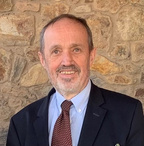

Authors:
Luk Joossens, Senior Advisor, Smoke Free Partnership, Brussels Belgium
Lilia Olefir, Director, Smoke Free Partnership, Brussels Belgium
Contact US
Global Alliance for Tobacco Control
c/o HealthBridge
1 Nicholas St, Suite 1004
Ottawa, ON Canada K1N 7B7
Phone: 1 613 241 3927
Email: info@gatc-int.org



